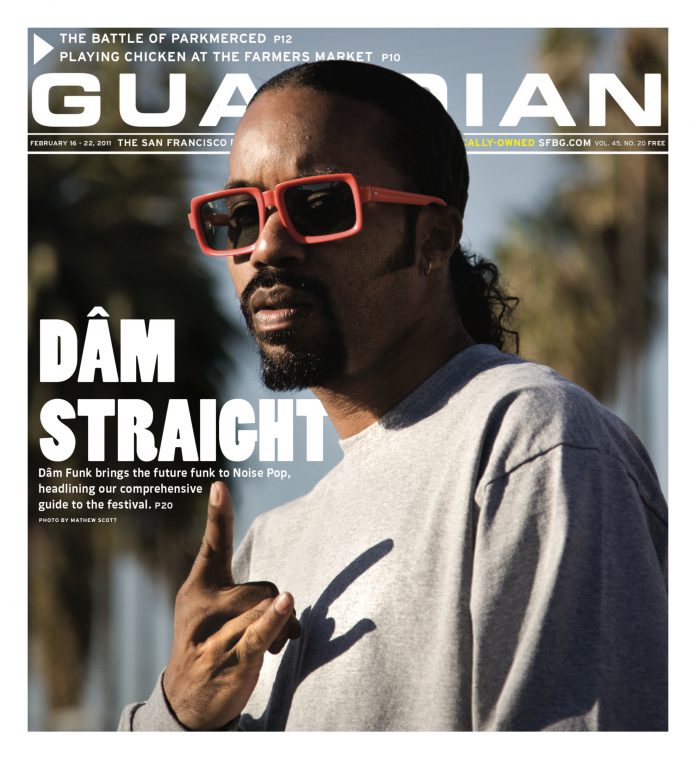By Richard Marquez and Chris Daly
More than a decade ago, an epidemic of evictions severed the spine of San Francisco’s working-class neighborhoods and communities of color. Thousands of low-to-middle-income tenants, immigrant families, small businesses, nonprofits, and artists lost their homes, leases, and livelihoods. Orchestrating this period of class warfare was a gang of shot-callers: dot-com companies, real estate interests, financial firms, and Mayor Willie Brown.
But a diverse and dynamic coalition of San Franciscans responded to save the soul of this Left Coast city. It was an epic battle against displacement, gentrification, and institutionalized racism. We marched, took arrests in the streets, righteously raged at City Hall, and fiercely forged a movement. No longer faking the funk, progressive activists reframed the civil rights debate for the next decade by asking: whose city?
Would San Francisco become only a playground for the rich, white, and powerful while real estate interests and new technology companies prevailed over the poor, people of color, and working-class folks? Or would we prioritize everyday San Franciscans and put human needs ahead of the developers and downtown corporate profits?
Now, more than a decade later, these same questions demand to be asked of the proposal from Mayor Ed Lee, Board of Supervisors President David Chiu, and Sup. Jane Kim to freeze the payroll tax for the Internet giant Twitter. Those who support the giveaway claim it will clean up the blighted areas around the Mid-Market Street area.
Poverty is aplenty in this portion of District 6, as even the rats and pigeons can attest. According to a 2007 study by the San Francisco Food Bank, more than 23,000 people in the Center City live with the threat of hunger, at or below 150 percent of the federal poverty line. With this scarcity comes a concentration of related social conditions — homelessness, substandard housing, mental and physical disabilities, and substance-abuse struggles, to name a few.
However, it’s less than clear how Twitter’s tax break will address any of these oppressive realities. Indeed, the opposite is more likely: a greater acceleration of economic and racial inequality. Over time, the tax break could cost San Francisco millions of dollars as the city struggles to close a $350 million deficit.
While the Health Department deliberates $75 million in devastating cuts, the Human Services Department has already proposed reducing shelter hours and slashing job training programs and housing services in the Mid-Market area. Ironically, as we were fighting displacement during the late 1990s, we also won an expansion of the city’s homeless resource centers — now proposed for elimination!
Twitter may be a locally grown company, but its workforce doesn’t look anything like the faces inhabiting residential hotels, apartments, or homeless shelters in the neighborhood. Twitter’s elite management team more resembles an apartheid power structure with 11 white men and no women or people of color. This inspires no confidence that people living in Mid-Market would gain employment or otherwise benefit from Twitter’s tax break. And any potential small business bonanza in Mid-Market would be negated by Twitter’s contained consumption choices of catered meals and in-house yoga and Pilates classes.
Twitter shares none of the economic challenges that most Mid-Market residents face. Bertolt Brecht’s infamous quote that “it’s more of a crime to own a bank than to rob one” speaks to The Wall Street Journal report that financial investors have estimated Twitter’s valuation at $8 billion to $10 billion, significantly more than the entire budget of the city and county. As Twitter’s new honcho, Dick Costolo, claims to have “cracked the code” on advertising, Google and Facebook are tweeting bidding-war offers to purchase Twitter.
If our district supervisor won’t defend services for her own constituents over a bailout to a corporation that doesn’t need it, then it’s past time to recall the militancy of our progressive movement and storm City Hall to demand the sweetheart deal for Twitter get called off, like David Hasselhoff!
Richard Marquez served as one of the volunteer field coordinators for the Jane Kim for Supervisor campaign. Chris Daly is the former District 6 supervisor.

